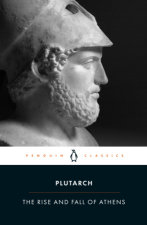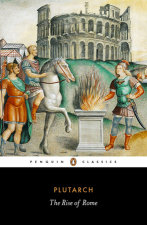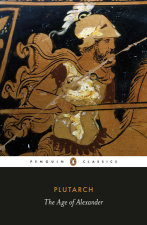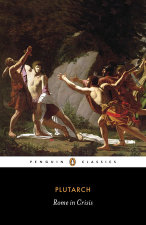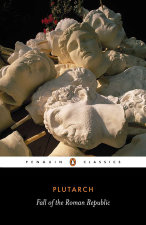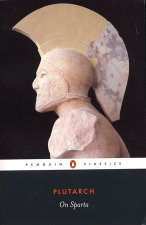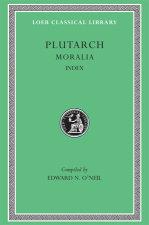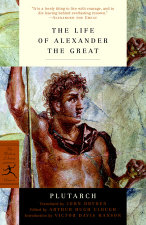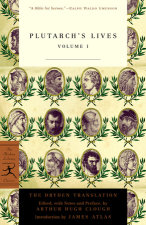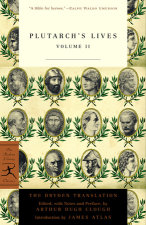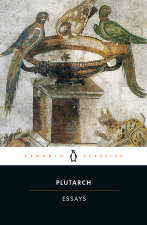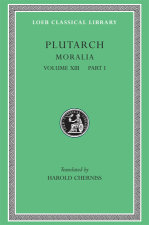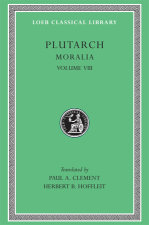The Life of Alexander the Great
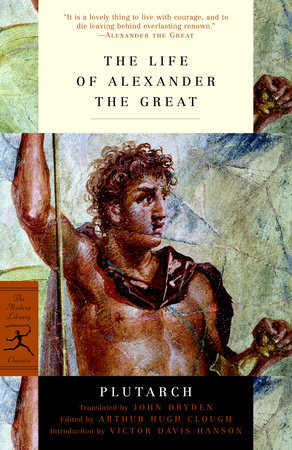
In 336 b.c. Philip of Macedonia was assassinated and his twenty-year-old son, Alexander, inherited his kingdom. Immediately quelling rebellion, Alexander extended his father’s empire through-out the Middle East and into parts of Asia, fulfilling the soothsayer Aristander’s prediction that the new king “should perform acts so important and glorious as would make the poets and musicians of future ages labour and sweat to describe and celebrate him.”
The Life of Alexander the Great is one of the first surviving attempts to memorialize the achievements of this legendary king, remembered today as the greatest military genius of all time. This exclusive Modern Library edition, excerpted from Plutarch’s Lives, is a riveting tale of honor, power, scandal, and bravery written by…
Plutarch (c.50-c.120 AD) was a writer and thinker born into a wealthy, established family of Chaeronea in central Greece. He received the best possible education in rhetoric and philosophy, and traveled to Asia Minor and Egypt. Later, a series of visits to Rome and Italy contributed to his fame, which was given official recognition by the emperors Trajan and Hadrian. Plutarch rendered conscientious service to his province and city (where he continued to live), as well as holding a priesthood at nearby Delphi. His voluminous surviving writings are broadly divided into the ‘moral’ works and the Parallel Lives of outstanding Greek and Roman leaders. The former (Moralia) are a mixture of rhetorical and antiquarian pieces, together with technical and moral…
